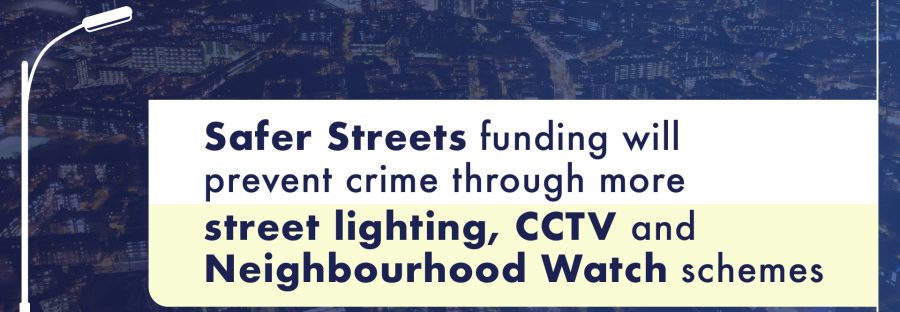Greater Manchester secures funding to tackle gender-based violence
- Greater Manchester given £.05m from Home Office for pilot helping women and girls feel safer in city
- Deputy mayor for policing says: 'The pilot schemes are just the first steps in our 10-year journey to enhance the safety of women and girls'
Greater Manchester has secured £0.5m from the Home Office to tackle gender-based violence towards women and girls on public transport.
The money will be used towards a pilot initiative to increase the safety of women and girls such as upgrades in the CCTV, training for passengers and staff on public transport, and a poster campaign designed by students on unacceptable behaviour.
If successful, the schemes could be introduced city-wide in support of Greater Manchester Combined Authority’s (GMCA) Gender Based Violence Strategy that aims to address gender-based violence through a systematic approach over the next 10 years.

Councillor Bev Hughes, deputy mayor for policing, crime, criminal justice and fire said: “The Safer Streets funding will enable us to implement several interventions to address the issues of street harassment and feelings of being unsafe on public transport that were frequently raised by women and girls.
“GMCA has worked with partners to develop a long-term strategy to end gender-based violence and ensure Greater Manchester can be one of the best places in the world to grow up, get on and grow old.”
Gender-based violence has been a problem in Manchester, especially in student areas like Fallowfield where female students have continually called for more safeguarding measures to be introduced.
There are frequent posts on Manchester Students Group from female students who have been victims of gender-based violence and harassment. In a lot of the posts the women say they reported the incident to police, but nothing happened due to lack of evidence.
A recent YouGov poll for UN revealed that seven out of ten women had experienced sexual harassment in public, and this number increased to nine out of ten for younger women. Harassment forms such as catcalling, groping or unwelcome touching and indecent exposure were the most common.
Reclaim the Night MCR is a community that annually campaigns against sexual assault and gender-based violence.
It said: “Each year we take to the streets to march for an end to violence against women, and the right to feel safe on our streets at night.”
It recently launched an interactive map where women and girls can warn others of certain locations by pinning where they experienced gender-based violence or harassment.
If the pilot schemes introduced by the grant are successful, GMCA hope that it could decrease the forms of violence and harassment that women and girls experience across Manchester.


